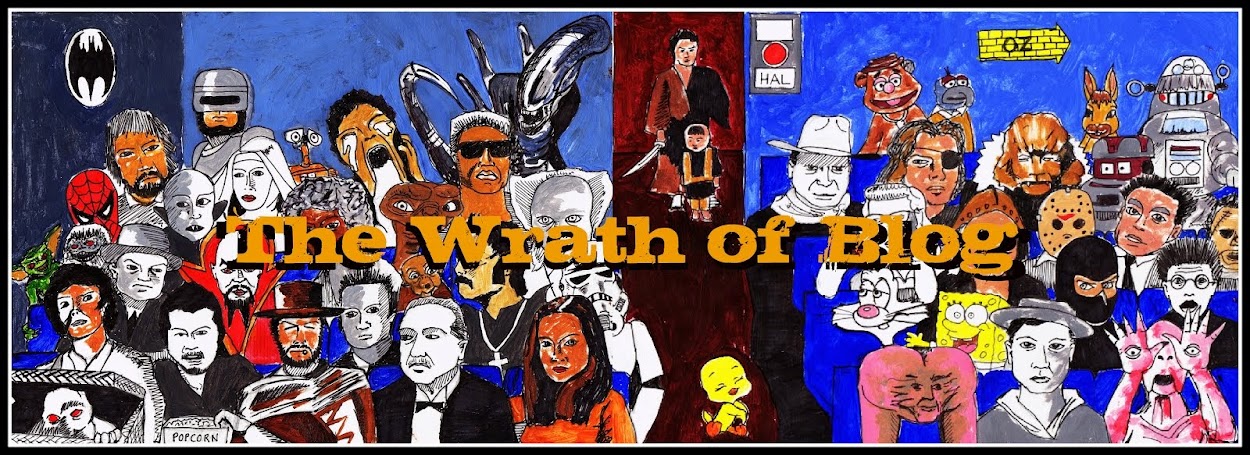 The withdrawn Lee Chandler (Casey Affleck) is a janitor working in Quincy, Massachusetts, spending his days fixing leaky pipes, taking out the garbage, shovelling snow, and generally taking whatever shit the tenants of the apartment block he works in dishes out. Living in a tiny, one-bed room, Lee is quiet but prone to violent outbursts, spending most nights drinking away whatever sorrows rest on his shoulders and starting fights with anybody who looks at him the wrong way. One day, he receives a phone call and is informed that his brother Joe (Kyle Chandler, coincidentally sharing the same surname as his character) has suffered a heart attack. By the time he arrives in his hometown of Manchester-by-the-Sea, Joe has passed away, and Lee is tasked with arranging the funeral and putting his brother's affairs in place.
The withdrawn Lee Chandler (Casey Affleck) is a janitor working in Quincy, Massachusetts, spending his days fixing leaky pipes, taking out the garbage, shovelling snow, and generally taking whatever shit the tenants of the apartment block he works in dishes out. Living in a tiny, one-bed room, Lee is quiet but prone to violent outbursts, spending most nights drinking away whatever sorrows rest on his shoulders and starting fights with anybody who looks at him the wrong way. One day, he receives a phone call and is informed that his brother Joe (Kyle Chandler, coincidentally sharing the same surname as his character) has suffered a heart attack. By the time he arrives in his hometown of Manchester-by-the-Sea, Joe has passed away, and Lee is tasked with arranging the funeral and putting his brother's affairs in place.I've admired Casey Affleck ever since I saw Good Will Hunting (1997) and later in his brother Ben's thrilling Gone Baby Gone (2007). But his performance in Andrew Dominik's The Assassination of Jesse James by the Coward Robert Ford ultimately convinced me that he is one of the finest actors of his generation, and I felt that he deserved to beat the lauded Javier Bardem to the Oscar that year. Deservedly, he won Best Actor for his work here. It's a rare skill for an actor to be able to portray such a range of emotions when massively underplaying the part. Lee is as bottled-up as one can get, clearly reaching the point of just not giving a fuck anymore. When he returns to town, people whisper his name with both anger and sympathy. Something has happened to turn him into a socially-awkward, sullen shadow of a man, but Lonergan chooses to reveal the past slowly through flashbacks.
In smaller roles, Chandler, Michelle Williams and Gretchen Mol are also as impressive as expected, but, Affleck aside, the majority of the screen-time is given to Lucas Hedges as Joe's son Patrick, who is now placed into the care of a reluctant Lee. Patrick doesn't react to his father's passing as one would expect, and instead remains a chirpy, outgoing teenager proud to have two girlfriends on the go. It's a lively, highly charismatic performance, and the complete opposite to the mopey young adult I was expecting. Themes of grief and regret run throughout the film, but the relationship between Lee and Patrick provides many moments of warmth and much-needed humour. Most writers would opt for award-baiting, tear-jerking moments of emotional outpouring, but Lonergan understands that life is rarely like that, and some wounds simply do not heal. The power of Manchester by the Sea lies within this honesty, with the windy, snowy backdrop acting almost as a window into its characters' souls.
Directed by: Kenneth Lonergan
Starring: Casey Affleck, Lucas Hedges, Michelle Williams, Kyle Chandler, Gretchen Mol
Country: USA
Rating: *****
Tom Gillespie













